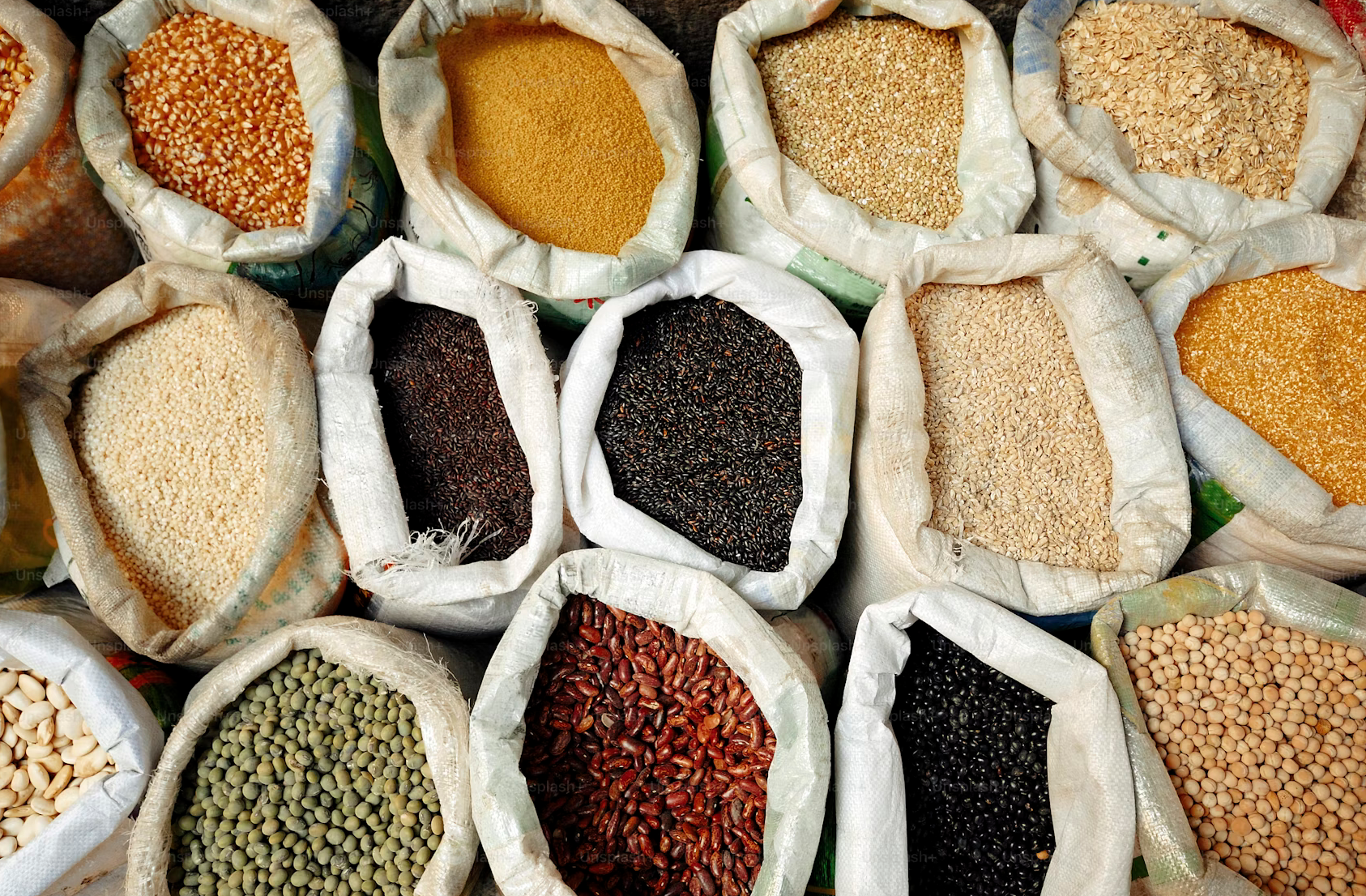Globally, factory farming wastes more food than any other sector, including food wasted by households, food service and retailers.
Around 766 million tonnes of grain are wasted annually by being fed to pigs, broiler chickens, laying hens, beef cattle, and dairy cows. This is much larger than any other form of food waste. For every 100 calories of grain fed to animals, only 3-25 calories of meat are produced. This wastes land, damages ecosystems and leaves vulnerable people hungry.
While 59 million tonnes of food are thrown away in the EU every year, almost 125 million tonnes of grain are wasted by being fed to animals – enough to feed an extra 247 million per year. If the use of grain as animal feed was ended, an extra 2 billion people could be fed each year. In the UK, this equates to the land area of about Cambridgeshire and Norfolk combines, and globally, land almost the size of Mexico, that could be freed up to grow food for people instead of animals.
In addition to its inefficiency, animal farming is taking a significant toll on the planet. Factory farming, in particular, is linked to the climate crisis, pollution, animal welfare violations, humanitarian issues, antibiotic resistance, disease outbreaks, and increasing taxes. As demand for factory farmed meat has grown, great swathes of rainforest in the Amazon and around the world have been devastated fragile forests, grasslands and savannah cleared for more farmland to grow animal feed like soya. Thousands of hectares of land are cleared to grow crops for feeding farmed animals, with deforestation impacting communities and killing nature.
Peter Stevenson, Chief Policy Advisor at Compassion in World Farming, said: ‘It is simply scandalous that while hundreds of millions of people go hungry and we face a triple planetary crisis, we are allowing hundreds of millions of tonnes of food to be wasted every year by being fed to factory farmed animals”.
The UK government must do more to support those who are leaving behind the meat, egg and dairy industries in favour of ethical and sustainable farming. We need farmers to provide the oats, grains, beans, nuts, vegetables and fruit that we eat – and stop the slaughter. Together, we need to fix our broken food system.
